A well-equipped workshop is a vital part of any farmyard and can help reduce downtime and improve efficiency by being properly laid out and by having the essential tools needed. There are thousands of different tools available on the market with various prices. We take a look at the top 10 essential tools for your workshop.
Air compressor
One of the most important tools in any workshop is an air compressor. This machine takes in air and compresses it within its cylinder body via a pump driven by a motor or engine. The stored air is released under pressure in order to power air tools such as impact guns and also to inflate wheels. They come with various capacities and pump sizes, but also with various prices. A budget air compressor can start at ?80 and go all the way to the professional price tags of easily in excess of ?2,000. My advice is not to skimp on your air compressor as a good-quality one may be more expensive on day one but if properly maintained can last you a lifetime. It is important to note that a large capacity air compressor is essential in order to power larger impact guns when, for example, removing tractor wheels.

Bench drill/pillar drill
For precision drilling, a hand-held drill is just not precise enough. You will need a bench or pillar drill ? the only difference between each is the length of the adjustable stand. A bench drill, as the name implies, is mounted on the workbench while a pillar drill is free-standing. Most modern drills have a built-in holding device or vice clamp to securely hold what you are drilling in place to ensure you drill the hole exactly where it is wanted. These drills allow you to precisely drill holes and apply even pressure to avoid cracking or warping of the material been drilled. Prices can start from ?100 upwards but again, check the power of the motor as the more powerful drills can be better but more expensive.

Welder
Easily one of the most useful tools in any workshop is the humble welder. Found on virtually every farm in the country, the welder can really save the day and fix everything from a broken gate to a plough. There are three types of welder ? ARC, MIG and TIG. ARC and MIG are the most popular in the workshops around the country?s farms. The simplest welder is the ARC type, which uses an electrode and an earth cable in order to work. The earth cable is attached to the piece to be welded and when the electrode comes near enough it causes a spark which melts the electrode and filler along with the edges of the material to be welded, thus fixing it as one piece. These welders can be found for sale for as little as ?100. The more modern welder is the MIG, which uses a copper-coated steel wire which is electrically charged once the trigger on the hand lance is pressed. Again, an earth cable is attached to the material being welded, but this time the spark won?t happen until the operator pulls the trigger, allowing more precise and cleaner welding. MIG welders are more expensive, with prices starting at ?450 upwards. It is important to remember to wear good-quality safety gear when welding, including a face shield and gloves.

Angle grinder
An angle grinder is essentially a motorised abrasive disc which comes in two sizes, a 4in and 7in. Both sizes are very useful in the workshop. The smaller 4in grinder can be used for prep work before welding, sharpening tools and various other jobs, while the larger 7in machine can be use for the heavier work such as cutting steel and shaping work pieces. The key to the grinders? usefulness is that the abrasive disc is interchangeable with various different types, allowing them to be used for numerous jobs such as polishing and cleaning as well as cutting and grinding. Prices start from ?25 upwards for the smaller 4in version and ?80 upwards for the larger 7in grinder.

Vice grip
The famous vice grip is truly the farmer?s friend ? every farmer in the world has a vice grip of some description in their workshop. They are small enough to throw into a toolbox, pocket or glove box and powerful enough for some of the toughest jobs you will come up against. The vice grip can be the one-size-fits-all spanner, the clamp when welding or the ?get me out of a jam? tool for emergencies. The famous saying around the farming community was: ?Everything can be fixed with just a hammer and a vice grip.? They come is various sizes and prices, but take my advice and buy the good-quality brand name ones which start around ?15.

Sledgehammer
An essential addition to all workshops is the sledge hammer. They come in various weights and types of handles, but the job they do is the same ? hit things hard. Whether it?s changing a tractor tyre or straightening a tailboard, the sledge is an essential tool to have at hand. Prices start at ?10 upwards depending on the size.

Toolbox
Filling your workshop with tools is one thing, but keeping them together where you want them is another. On farms, tools have a nasty habit of wandering off and getting lost. To prevent this, a toolbox is a great investment. They come in numerous different sizes and styles to suit the individual. Some are portable and some are large stationary units. Nevertheless, they all keep your tools where you want them and more importantly where you know they are when you need them.

Bench Vice
A solid vice is the workshop?s best friend. Don?t let price dictate your choice as a good-quality vice will outlast all other tools. A minimum jaw size should be 4in (100mm). A vice with built-in anvil is useful for using as a solid surface to hit or straighten things. The vice needs to be securely attached to the bench, preferably located on the bench with space where long steel pieces can be gripped in and on either side of the vice in order to be more versatile. A good vice is money well spent and can set you back anything from ?200 upwards.

Jack
A jack is a very useful tool in any workshop. They can be in different sizes and strengths. Some are on wheels, known as trolley jacks, while others are just simple pump-up jacks, known as bottle jacks. Either way, they are vital tools when you need to lift something, change a tractor tyre etc. Some jacks can be air-operated as well as manually, which can be useful as you don?t need to try pump up the jack in awkward spaces. They are available in various sizes and strengths, but the most useful one would be a 20t version which will cover just about any job on a typical farm. Prices start at ?80 upwards but remember to put safety first and don?t always go for the cheaper option which may not be certified. Never rely on any jack alone, and always use appropriate axle stands.

Wheel dolly
If working with large machinery such as tractors, combines etc, a very useful tool to have at your disposal is a wheel dolly. This tool makes light work of moving the large and heavy agri tyres when changing them on machines. It has made a dangerous two-man job a safe one-man operation where the wheel can be clamped in pace on the dolly, jacked or lowered and rotated in order to remove or realign it on to a machine. This tool not only improves safety but also efficiency and reduces labour. They retail at ?800 upwards but are really a worthwhile investment if you are doing a lot of your own repairs.




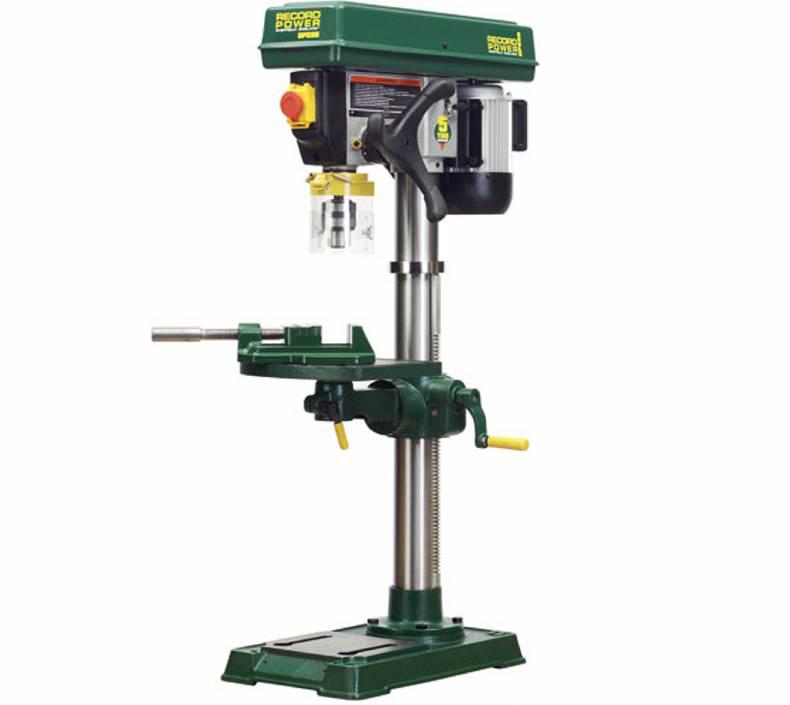
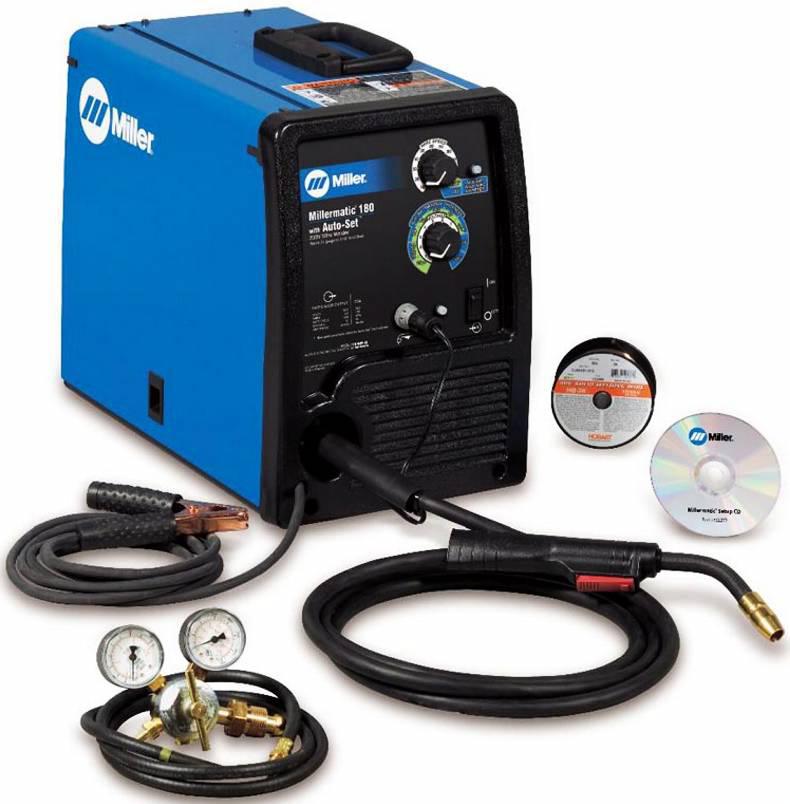
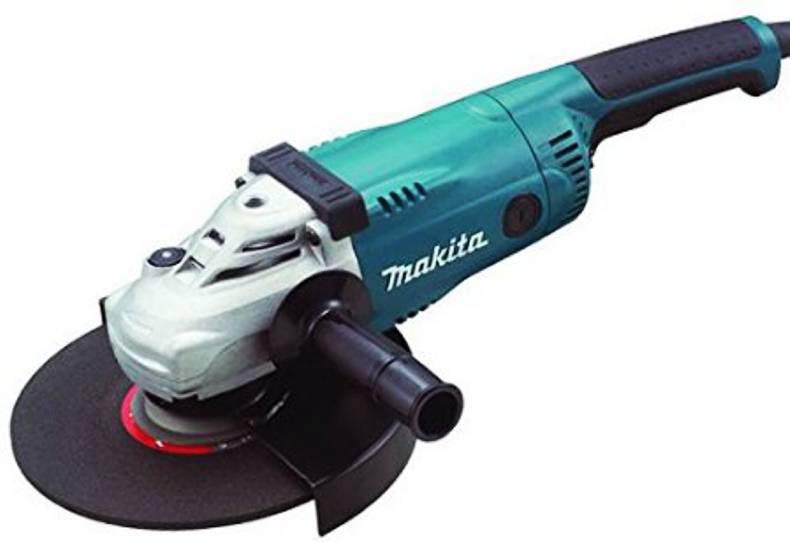
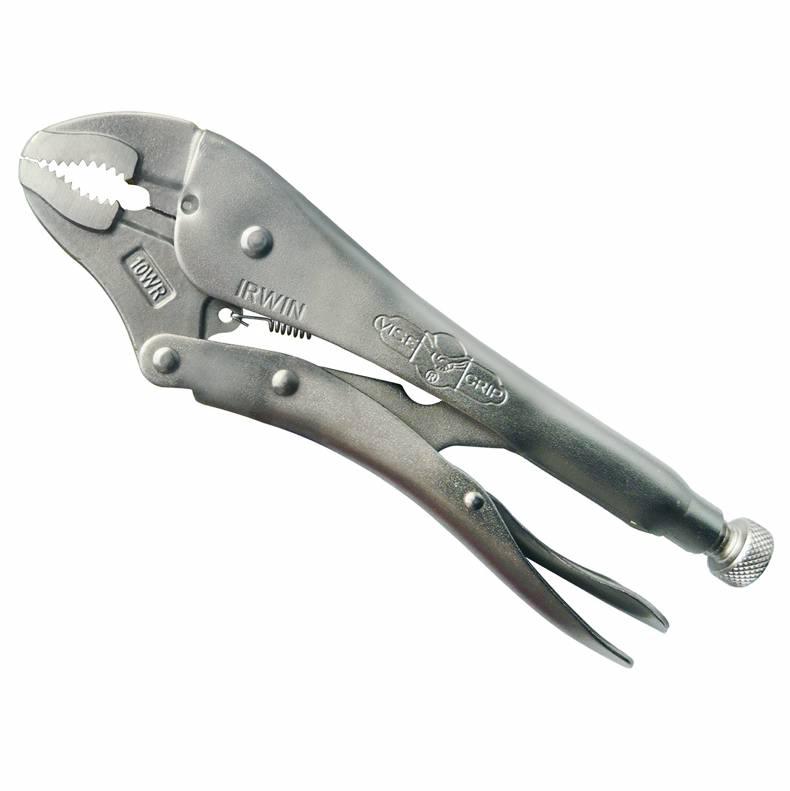
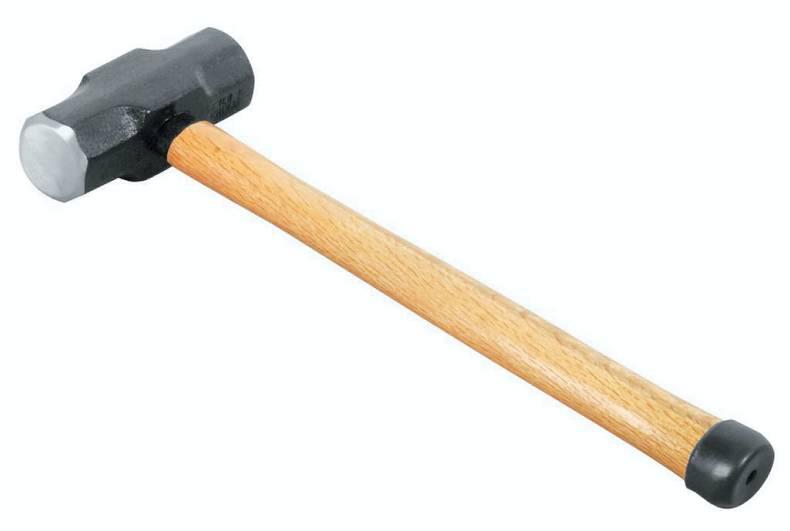

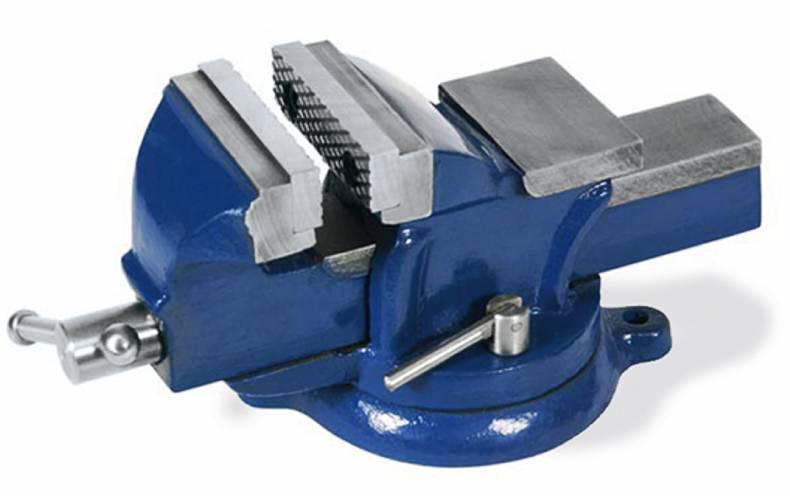
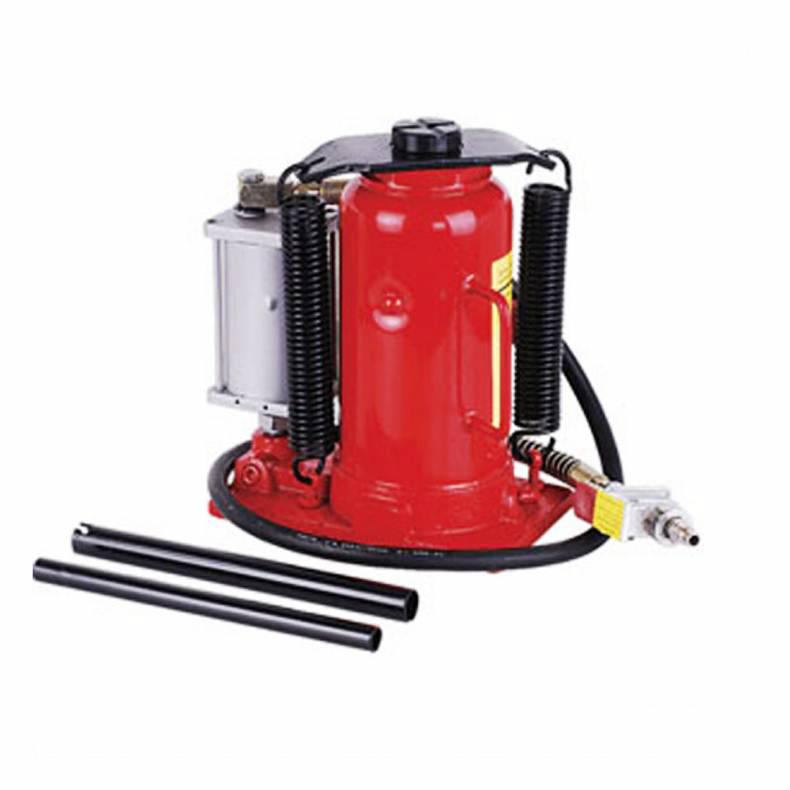

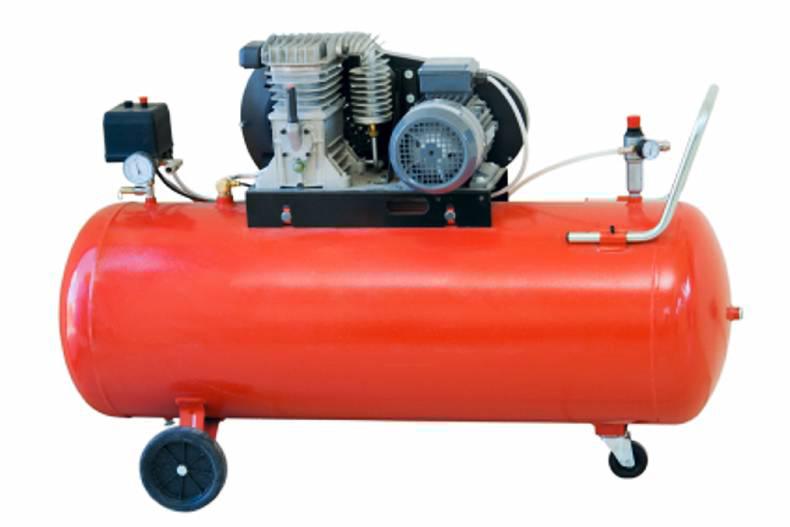
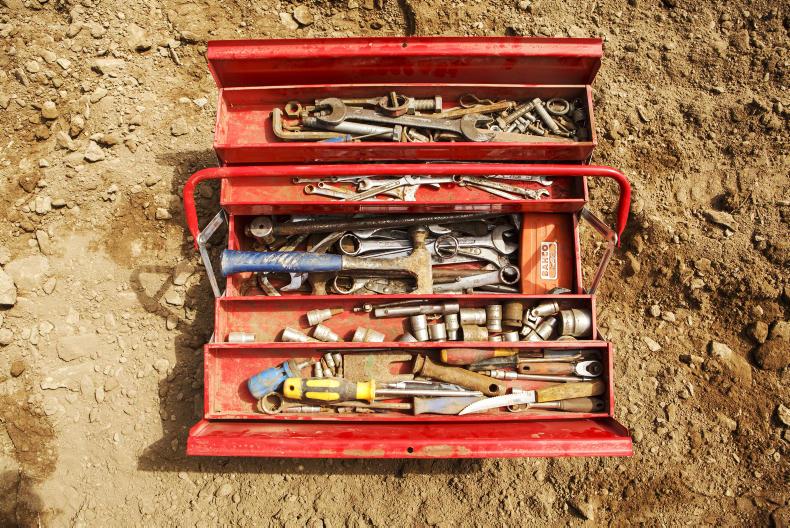
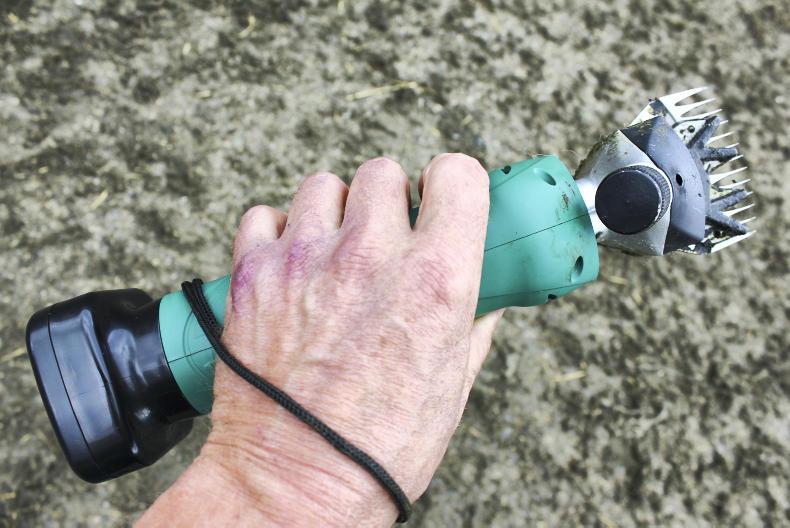

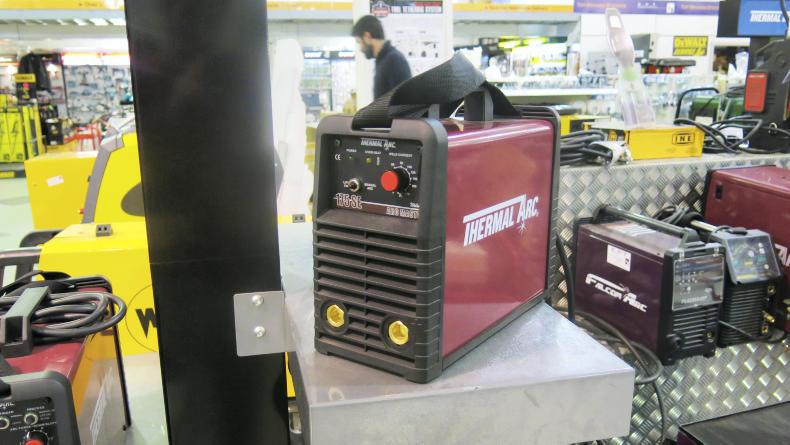
SHARING OPTIONS